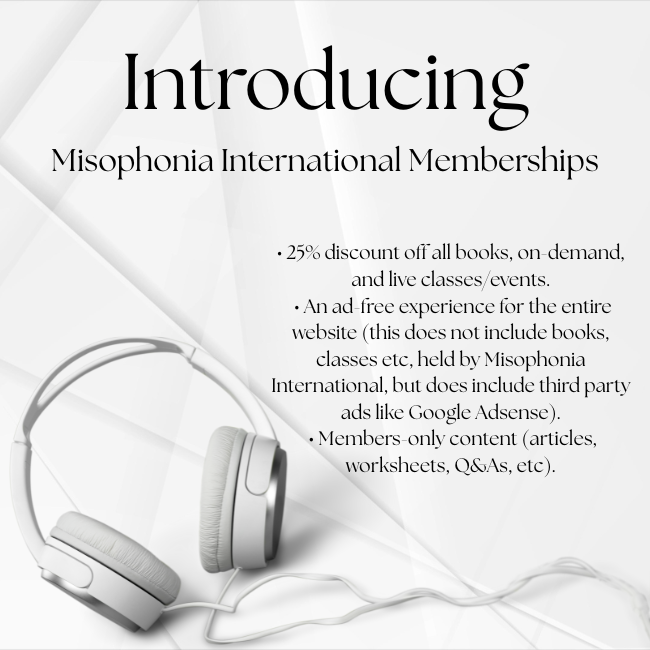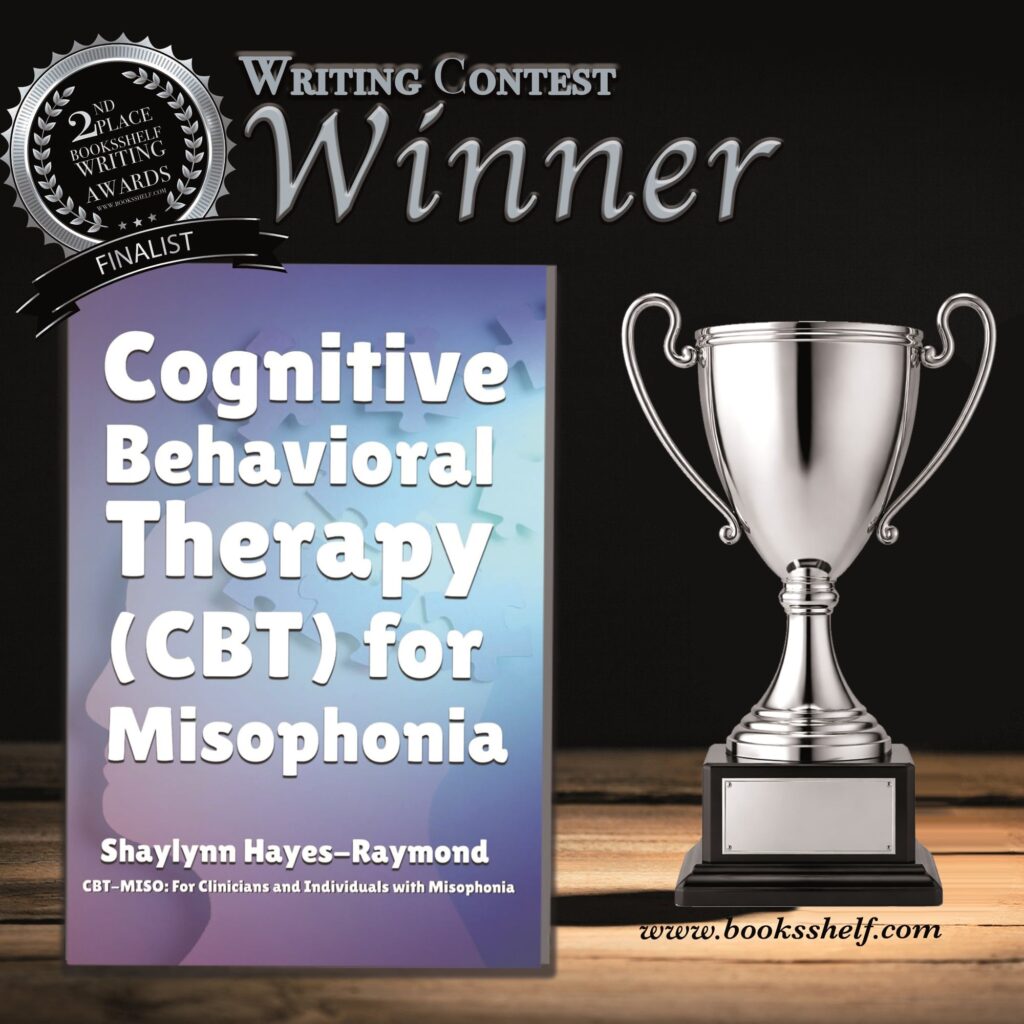
In the past, I have been highly critical of misophonia treatment studies. While I still personally believe that there is a brain basis and neurological component to the disorder, I do understand that the cognitive features (ie. Sense of self, distressed thoughts, hopelessness) are valid parts of the disorder to research. I think that holistically speaking, all elements of misophonia must be studied by their corresponding expert. For example, CBT researchers researching CBT, sensory/autism researchers researching the sensory element, audiologists researching audiology, and neuroscientists researching the neurological components.
I think where we will see the most conceptualization of misophonia is when all of these puzzle pieces come together and form a complete picture of the disorder. Of course, this might not come for decades—although I have hope that it will come sooner. As of 2023 there were, “Of […] 169 records available for initial screening, 33 [that] studied misophonia treatment specifically” (Mattson, 2023). This is a staggeringly low number, and yet, it’s still a lot more than there used to be.
I think the most important part of research for misophonia is that we are open to new ideas, work together, and are willing to accept that the brain and body are far more complex than we ever imagined.
I have taken down any petitions that I have written about misophonia research in the past, because I believe that this is the antithesis of free and open thought, and I feel as though the research will sort itself out. If an idea is factually incorrect, the inability for studies to replicate these results will speak on the behalf of the truth.
My one caveat to this is that I hope all those offering treatment studies are diligently looking for ways to acquire enough staffing and funding to properly debrief study participants and do follow-up studies on any reported results.
I now feel that misophonia research must be dynamic, complex, and offer insights from the widest spectrum of practitioners possible, so long as those involved in these studies (the participants) are safe and unharmed. I still personally think treatments such as exposure therapy are cruel and ineffective, but if it is the choice of researchers and participants, I am not the arbiter of truth, and scientific research has a right to go in any direction it sees fit. But, good luck trying to recruit me for that study!
You can join and participate in the International Misophonia Foundation’s first misophonia study here if you’re interested: https://misophoniainternational.com/misophonia-perceptions-study/








